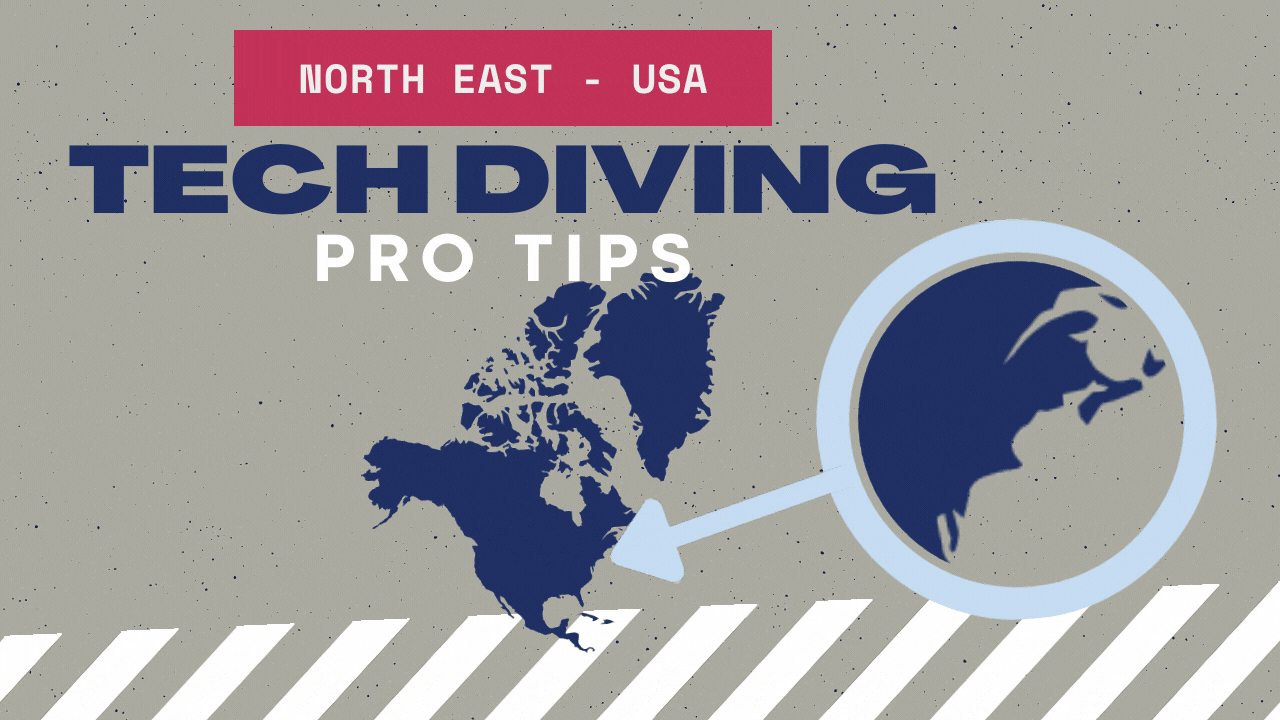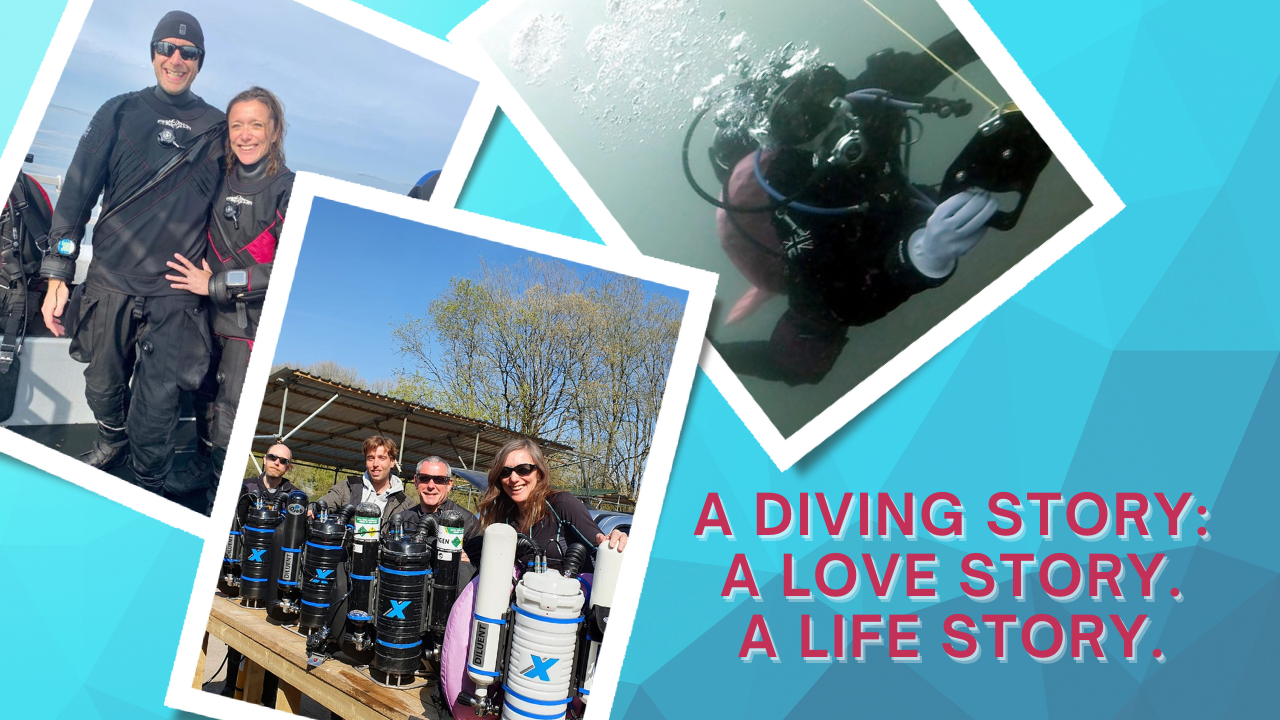Health and Fitness Part 5
By: Tanya Chapman
Health and Fitness Considerations for a Female Diver
While most diving standards and prerequisites are written in a gender-neutral format, there are some very distinct differences between male and female anatomy if you haven’t already noticed. As a diver, those differences have an impact on individual preparation for a dive. Diver fitness commonly focuses on the physical aspects needed for diving but also should include emotional and mental preparation. Each of these will be addressed within this article with an emphasis on the female perspective.
Both male and female divers should evaluate their physical capacity and prepare themselves sufficiently to successfully complete their planned dives. This may include the addition of cardio workouts, weight training, and other commonly utilized methods of increasing strength, endurance, cardio vascular capacity, and general physical conditioning. The importance of maintaining adequate physical fitness for diving should increase as a diver progresses from open water to professional levels of certification.
With the advent of physical fitness becoming mainstream there are options available to female divers which were not previously. Gone are the dark, sweaty, male dominated gyms which some women may have shied away from in the past. Today, modern training facilities abound and are welcoming and accepting of women users. The myriad of physical fitness training options available today and their almost unrestricted availability provide an opportunity for users to develop and maintain a healthy lifestyle. As diving at times may be physically demanding, the benefit of an increased level of physical fitness is obvious.
I think all readers will agree men and women may react differently in similar situations. While some of this is based on the varying experience levels of those involved, other factors may have an impact. The level of health and fitness of the person may have an effect on the outcome of the situation. Adequate dietary needs and fitness levels should be achieved to ensure an additional margin of safety underwater. In the event of an emergency occurring, a level of fitness allows the diver to react and respond successfully to the situation.
Each of us should strive to maintain a level of mental fitness as well as physical fitness as a diver. Mental preparation for diving can occur daily regardless of when the actual dive occurs. The ability to concentrate and focus on the events transpiring during the dive is paramount. In the event an emergency occurs while diving, a person needs to possess the ability to compartmentalize any stress that may be happening in the diver’s life.
Diet
Dietary concerns for female divers have a significant impact. Women tend to diet more than males and must be cognizant of their caloric restriction and its impact on their ability to minimize risk while diving. Diving is a physically strenuous activity from carrying scuba equipment to maintaining body heat while underwater. A diet which is too restrictive may result in the inability to safely complete the dive. Balanced diets improve not only physical endurance and health but additionally improve mental functioning and the body’s ability to deal with stress.
Moderate exercise routines should be considered to improve a diver’s physical ability as well as the added benefits of increased cognitive functioning through chemical release. The ability to process possible danger while diving and formulate a response to safely mitigate it is paramount.
As each of us are unique, there is not a «one size fits all» approach to health and fitness for diving. Individual plans should be based on the strengths, weaknesses, likes, and dislikes of the person implementing them. Consultation with personal primary care physicians should occur to limit or eliminate the possibility of injury.
Professional
Professional divers should strive to set an example for their students by maintaining adequate health and fitness levels respective of their status. In this case, students should be comfortable in their pro’s ability to rescue them if needed. Dive leaders are most often the first introduction students have to the undersea world. Our goal should be to lead by example, and image is important in this regard.
Being a dive professional is more complex than just possessing the ability to demonstrate techniques, teach skills to students, and supervise their learning. It also includes intangibles such as presenting the student with ideas and concepts which may impact their lives in far more diverse ways. Simple acts such as drinking water between dives instead of reaching for a soda or eating a piece of fruit instead of a candy bar present a healthier approach to the diving lifestyle that may carry over to the student’s day to day activities.
This article isn’t intended to criticize those of us who have room for improvement in the health and fitness category, myself included. It is meant to provide food for thought on the indirect impact health and fitness may have on students’ perceptions of diving.
Fortunately, making changes to one’s health is as simple as making the commitment to change and incorporating strategies for improvement into their daily routine. All dive professionals met a minimum level of physical ability prior to completing their certification course. The motivation and determination felt to succeed that evaluation should be harnessed and used to propel each of us forward in a quest to become the best we can possibly be. Our success will not only reflect favorably on our chosen profession but also on us as individuals.


















Dejar un comentario
¿Quieres unirte a la conversación?Siéntete libre de contribuir!